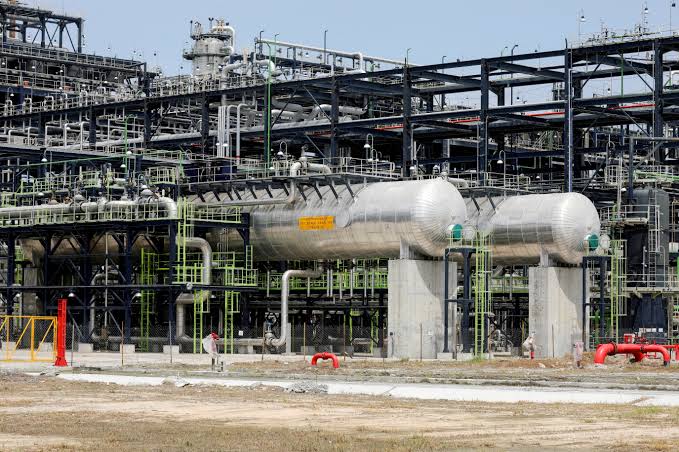More than one-fifth of the global oil refining capacity is under threat of closure, according to an analysis by energy consultancy Wood Mackenzie published on Thursday. This risk is attributed to weakening gasoline margins and the increasing pressure to reduce carbon emissions. Among the 465 refining assets analyzed, approximately 21% of the global refining capacity for 2023 is deemed at some level of risk of closure. Europe and China have the highest concentration of high-risk sites, with around 3.9 million barrels per day (bpd) of refining capacity in jeopardy based on factors such as net cash margins, carbon emission costs, ownership structure, environmental investments, and refineries’ strategic value.
The report identifies 11 European sites responsible for 45% of all high-risk plants. Industry data from Concawe shows that around 30 European refineries have closed since 2009, leaving nearly 90 still operational. The closures are primarily due to competition from more advanced facilities in the Middle East and Asia, compounded by the effects of the COVID-19 pandemic. As gasoline demand decreases and sanctions on Russia relax, gasoline margins are expected to decline by the end of the decade. Additionally, anticipated carbon taxes are projected to further impact the refining industry.
Wood Mackenzie’s senior oils and chemicals analyst, Emma Fox, indicated that rising operating costs could potentially force refinery closures as a last resort. Meanwhile, Nigeria’s significant Dangote oil refinery, capable of producing up to 650,000 bpd, commenced operations in January. This development may disrupt the decades-old gasoline trade from Europe to Africa valued at $17 billion annually, increasing the pressure on European refineries already facing heightened competition.
The seven high-risk sites in China predominantly consist of small-scale independent refineries referred to as ‘teapots’. These refineries face stricter government regulations and compete against larger, more complex, typically state-owned integrated facilities.







